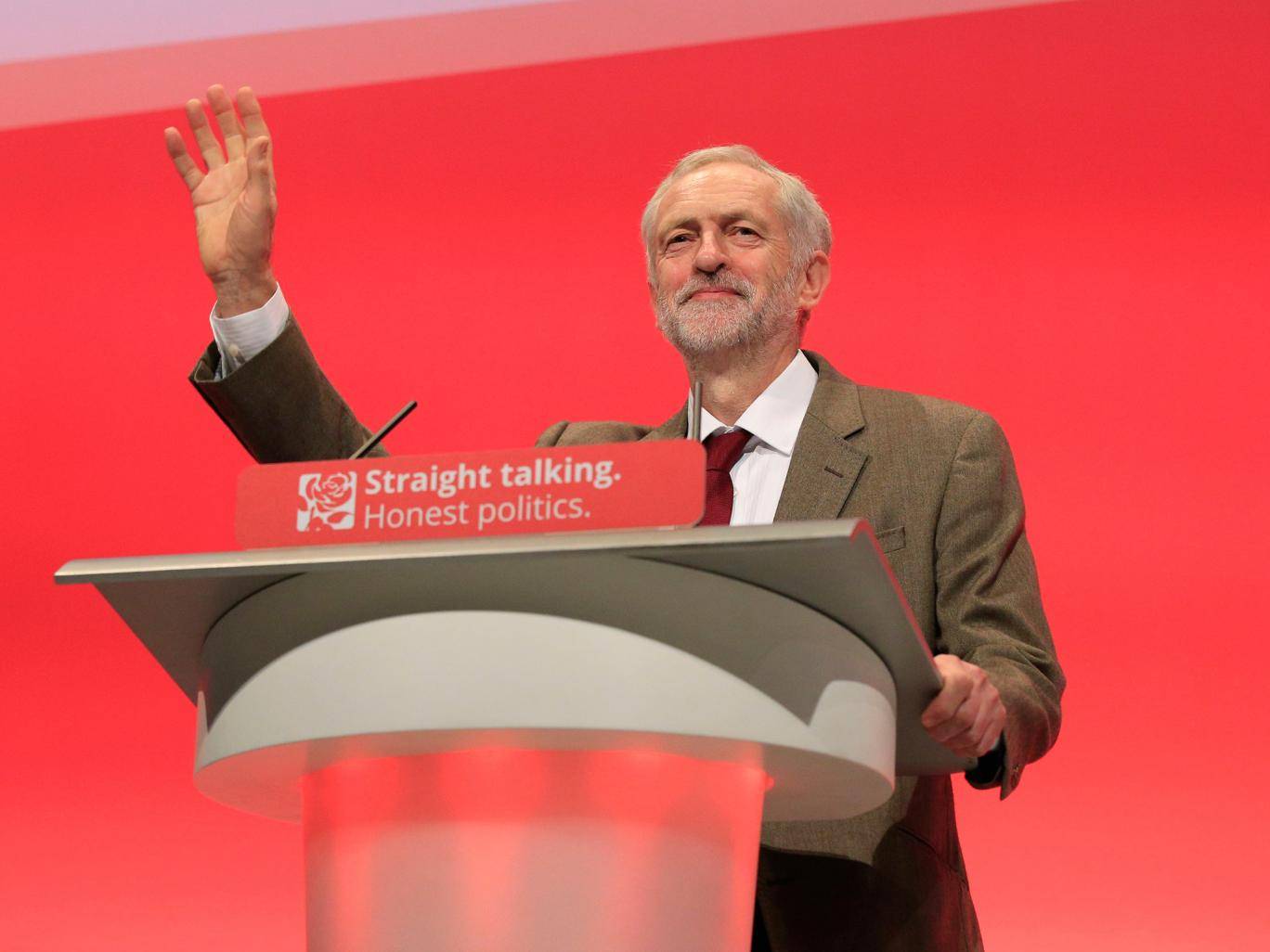As the impact of social media grows stronger by the minute, political campaigns are being manipulated by internet influence. The Gryphon explores the impact of fake news on the public.
Rising internet and social media usage has enabled millions of people around the world to become more interconnected and gain access to almost endless amounts of information quickly and easily. However, this has also brought counteracting internet censorship and social media manipulation. For example, in recent years the term ‘Fake News’ has significantly gained in popularity. Fake news consists of intentionally spreading misinformation orhoaxes to damage the credibility of a person or organisation and it has enormous reach and potential to influence ideas. An analysis by Buzzfeed found that fake news stories often have considerably more social media engagement than news stories from major media organisations.
This manipulation is not only being done by unscrupulous organisations, but by governments and political parties around the world. NGO Freedom House conducted research into this matter and found that of the 65 countries they surveyed, 30 were found to be manipulating social media to “undermine” democracy. Freedom House’s report found that “online manipulation and disinformation tactics played an important role in elections in at least 18 countries over the past year” and that “a record number of governments have restricted mobile internet service for political or security reasons, often in areas populated by ethnic or religious minorities”. This news is worrying but not surprising as Freedom House have previously shown that global internet freedom has been declining for seven consecutive years.
 Tactics highlighted in the report included the spreading of fake news, automated ‘bot’ accounts, harassment of journalists and even countries employing ‘armies of ‘opinion shapers’ to spread government views and drive particular agendas. This phenomenon is widely known to be used in countries like Russia and China, however the report also includes the US, finding that “manipulation methods gained particular attention in the United States” during the 2016 presidential campaign.
Tactics highlighted in the report included the spreading of fake news, automated ‘bot’ accounts, harassment of journalists and even countries employing ‘armies of ‘opinion shapers’ to spread government views and drive particular agendas. This phenomenon is widely known to be used in countries like Russia and China, however the report also includes the US, finding that “manipulation methods gained particular attention in the United States” during the 2016 presidential campaign.
Utilising social media for political purposes is nothing new to the UK. During recent elections, all of the major political parties used social media to target ads, particularly in key marginal seats. For example, the Conservatives disseminated adverts with messages suggesting Labour would put nuclear jobs at risk to Facebook users in constituencies with nuclear industries. American-style ‘attack ads’ that personally attack individuals have also played an increasingly important role in political parties’ social media campaigns. The Independent reported that the Conservatives spent more than £1m on negative Facebook adverts attacking Jeremy Corbyn during the election campaign.
Of course, with the rise in social media, political parties and movements have to find innovative ways of convincing people to support them, and this naturally will include social media. But we must ask at what point does it become harmful to democracy and inhibit our access to unbiased information? The problem ranges from targeted, fabricated political ads to aggressive harassment of those that disagree with a particular political idea. This inevitably undermines democracy because people either can’t make an informed decision or are scared to freely express their opinions. Events in recent years like the Arab Spring and the Occupy movement demonstrate the immense power of social media to galvanise and energise vast numbers of people behind ideas. This is why it is so important for the public to have access to factual information to make an informed decision.
“with the rise in social media, political parties and movements have to find innovative ways of convincing people to support them…but we must ask at what point does it become harmful to democracy and inhibit our access to unbiased information?”
From this understanding, how do we ensure that this phenomenon doesn’t undermine democracy? Firstly, it is important to have a conscious awareness that most, if not all, information is there to support a particular agenda and not simply just to inform people of the facts. One of the main things that people can do is to not solely rely on media organisations to provide information. Instead, they should utilise primary sources such as government statistics or reports from reputable organisations. Although these can still be manipulated or fabricated, the likelihood of this is much less as they are often based on surveys and direct research. In addition, reading the news from a wide range of media sources can help to decipher the facts. Mainstream and fringe, national and international – read a wide range so that you are not just allowing one perspective to completely shape your view and inform your decisions.
The Internet and social media have had great benefits for the general public, enabling us to seek the truth and research from even a pocket-sized device. But with this incredible ability, we must not forget that there are still those in society that wish to stir us towards an agenda that may not be in our interests.
Therefore, we mustn’t let the internet and social media be hijacked by fake news. Instead, we should utilize it to its fullest potential – to empower ourselves through knowledge and inter-connectivity.
Inaya Folarin
[Images: Shuttershock/BetaNews/ Keport, The Independent]

